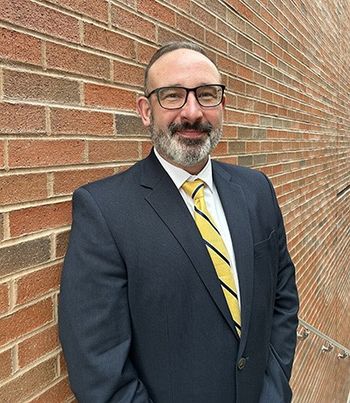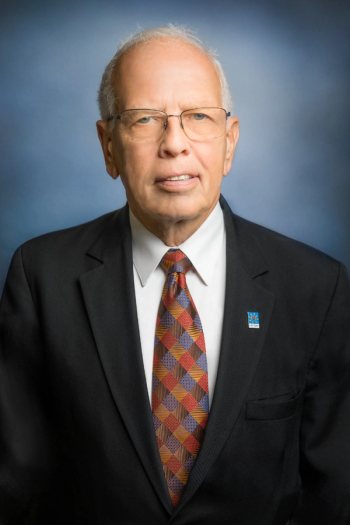
Unique payer-provider cancer treatment partnerships
Unique partnerships between payers and providers focus on keeping patients out of the hospital and on the road to remission.
The cost of cancer therapy continues to rise and cancer care remains fragmented. Those are two key reasons Cigna started collaborating more closely with oncology practices around the country, says Bhuvana Sagar, MD, an oncologist and medical director at Cigna, where she leads the payer’s value-based care contracts for oncology program.
The cancers Cigna focuses on in this program include breast, lung, and colon, in addition to leukemias and lymphomas, all of which are very common among its customers.
Oncology practices participating in the program provide the following:
- Education for patients and their family members about their cancer
- Discussions with patients about treatment options and their side effects
- Identification and filling of gaps in care
- 24/7 access to clinicians for patients and their family members
- Access to palliative care
To support these efforts, practices receive a care coordination fee per qualifying Cigna customer.
Sagar notes that patients have nighttime access to a clinician-one who may not be their oncologist-who has access to their medical records and can determine whether emergency room visits are appropriate or if patients can be accommodated the next day at the practice, in addition to receiving a prescription for dehydration, for example. During the work day, a clinician, who may be a nurse, can determine whether patients need to see a doctor or if patients can be treated using standing orders from an oncologist for nausea medication, for example.
Because Cigna pays practices a care coordination fee, partnering practices such as Fort Myers-based Florida Cancer Specialists-with which the payer has partnered on this specific approach to cancer care since July 2015-have been able to hire nonclinical team members such as nurse care managers, dieticians, and nutritionists.
Nurse care managers reach out to patients by phone to determine if intervention is appropriate between their treatments, says Sarah Cevallos, chief revenue cycle officer at Florida Cancer Specialists, which has nearly 100 locations in its network. Care managers also take incoming calls, she notes.
Nutritionists have been helpful with patients with head and neck cancers, adds Cevallos. That’s because many of those patients have a hard time swallowing, but they still need to ensure appropriate nutrition throughout their cancer treatments.
As a result of participating in the program, Florida Cancer Specialists has been able to reduce its inpatient days by 34%, says Cevallos.
She attributes the program’s success to patient education. “People [with cancer] don’t know when they get sick if they should be going to the hospital or if they should just wait until the morning before they reach out to someone. With the program and the funding, we are able to provide 24/7 care to patients.”
A regional approach
In its approach to partnering with oncology practices, Anthem is investing in a model where regional oncology nurses “own” management of the payer’s relationships with larger oncology practices.
Ann Nguyen, PharmD, oncology solutions director at Anthem, notes, for example, that the oncology nurse responsible for working with practices in Ohio lives within driving distance of the local Anthem office and the top 15 oncology practices served by this program in that state.
The role of this nurse is to establish an Anthem presence with these practices on a “face-to-face” basis, says Nguyen. Additionally, the oncology nurse responsible for the Ohio market will lead any Anthem-oncology practice meetings and provide access to an Anthem-employed oncologist and other resources on an as-needed basis.
This point person drives Anthem meetings with the practices in their region, whether the focus is on practice transformation, work flow, or patient navigation, adds Nguyen.
Launched in January, the program has been fully staffed since June. At this point, the program focuses only on the oncology practices with the highest patient volumes; these practices are also likely to be involved in clinical trials, adds Nguyen.
This is the focus for the first six to 12 months, and subsequently Anthem will determine how to appropriately deploy this program to smaller oncology practices.
Newsletter
Get the latest industry news, event updates, and more from Managed healthcare Executive.























